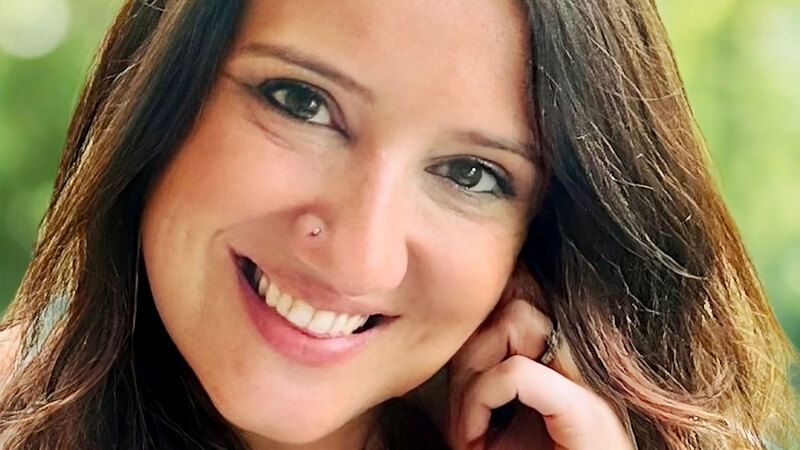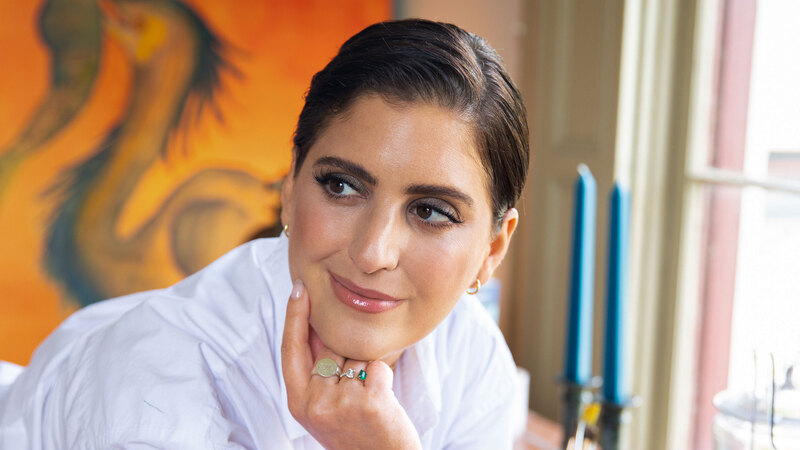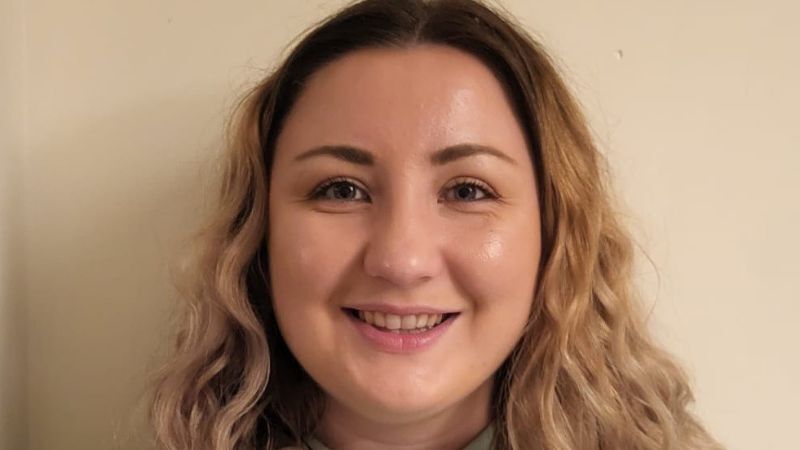Joyce Carol Oates: Seeking unshakeable truth
American novelist Joyce Carol Oates is legendarily prolific, the author of 36 novels--including Blonde (2000), Man Crazy (1997) and We Were the Mulvaneys (1996)--together with 19 volumes of short stories, four novellas, seven play collections, eight books of essays, and two books for children and young adults. She is an academic, a professor at Princeton, now in her mid-60s; but with her latest novel she has chosen to look back more than 40 years to her own uncertain undergraduate student days.
I’ll Take You There (Fourth Estate, 6th January 2003, paper, ¬£10.99, 0007146442) recalls Oates’ time at Syracuse university, where she studied philosophy and English literature in the early 1960s. The daughter of a factory worker from upstate New York, she was the first person from her family to go to college.
The novel tells the story of an impoverished and chronically underconfident philosophy student, at sea among the sophisticated, well-heeled young women who surround her. After a disastrous experience at her chosen sorority house, she incurs further disapproval by embarking upon a love affair with an older, black student, who is obsessed with the philosophy of Wittgenstein.
Oates, often described by journalists as "nervy", comes across rather as calm, measured and precise. She readily points out the autobiographical basis of her central character, if not the plot, and she describes how her father’s death last year prompted her to revisit her student days for a novel that is also concerned with a daughter resolving a relationship with an absent parent.
The reader never discovers the central character’s real name--although she is nicknamed "Anellia"--because, Oates says, "It would be very hard to give her a name; I can’t give her my name, that would seem wrong; and yet if she had some other name, to me that wouldn’t seem quite right because she’s not different enough from me."
I’ll Take You There is filled with with the raw, keen emotions of confused late adolescence as Anellia struggles to keep up with the confident young women of her sorority, who bully their snobbish English housemother and dodge the evening curfew, single-minded in the hunt to find a husband before graduating.
It is a portrait of a very different era: "In those days in the early ’60s we were not women yet but girls. This was, without irony, perceived as our advantage," writes Oates. Meanwhile Anellia throws herself into a reckless and damaging relationship with the brilliant Vernon Matheius, who is keen to define himself other than by his race and therefore to disassociate himself from the contemporary furore of the civil rights movement.
Oates says she was amazed by the clarity of her 40-year-old memories of that period of her life. "It was very exciting to me, in some cases very disturbing to me, to remember so many specific things, down to the moss on the sidewalk or the ivy on the house."
She describes the landscape of Syracuse--"it’s a glacier landscape, a sculpted landscape with strange hills, and very often the sky is littered with storm clouds because of the great lakes"--and the distinctive architecture of her sorority house: "older, heavy and dark in their atmosphere, dignified and rather dour. So when you entered the house you were entering an atmosphere of some pretension, and a girl of 18 or 19 is likely to be mesmerised by that."
She also recalls a feeling "of almost a melancholy" and the quest to resolve her own profound uncertainties through the discipline of philosophy. "There were certain rooms in the library where the philosophy magazines were, like the Journal of Metaphysics, and I would go and sit there and read them. I found them fascinating. It always seemed to me that the magazines in the philosophy section held the truth, if I could find it. Maybe in a certain room in the library there would be something that would be very important for me, some unshakeable truth."
Benedicte Page
UK trade sales for Middle Age (2001): 26,000 across both formats (source: the publisher)








